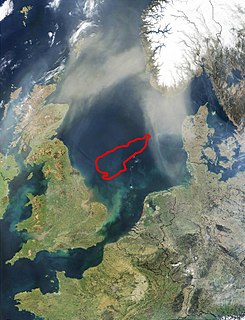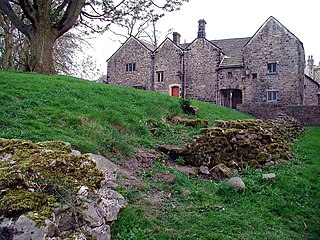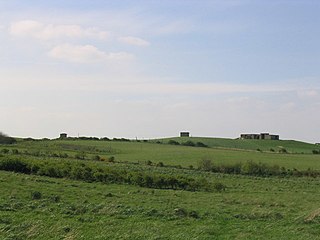 W
WThe East Yorkshire Regiment was a line infantry regiment of the British Army, first raised in 1685 as Sir William Clifton's Regiment of Foot and later renamed the 15th Regiment of Foot. It saw service for three centuries, before eventually being amalgamated with the West Yorkshire Regiment in 1958, to form the Prince of Wales's Own Regiment of Yorkshire. Subsequently, the regiment amalgamated with the Green Howards and the Duke of Wellington's Regiment to form the Yorkshire Regiment on 6 June 2006.
 W
WThe West Riding Artillery was originally formed as a volunteer unit of the British Army in 1860. It served in the First World War and the Second World War.
 W
WThe West Riding Artillery was originally formed as a volunteer unit of the British Army in 1860. It served in the First World War and the Second World War.
 W
WThe West Riding Artillery was originally formed as a volunteer unit of the British Army in 1860. It served in the First World War and the Second World War.
 W
WThe West Riding Artillery was originally formed as a volunteer unit of the British Army in 1860. It served in the First World War and the Second World War.
 W
WRoyal Air Force Dalton or more simply RAF Dalton is a former Royal Air Force satellite station located near to Dalton, North Yorkshire, England.
 W
WThe Dogger Bank incident occurred on the night of 21/22 October 1904, when the Baltic Fleet of the Imperial Russian Navy mistook a British trawler fleet from Kingston upon Hull in the Dogger Bank area of the North Sea for Imperial Japanese Navy torpedo boats and fired on them. Russian warships also fired on each other in the chaos of the melée. Two British fishermen died, six more were injured, one fishing vessel was sunk, and five more boats were damaged. On the Russian side, one sailor and a Russian Orthodox priest aboard the cruiser Aurora caught in the crossfire were killed. "Damage to the Aurora was concealed...and only discovered by the deciphering of a wireless message intercepted at [the British] Felixstowe station. It was also considered highly significant that no officer from that ship appeared before the Commission, nor were her logs produced." The incident almost led to war between the United Kingdom and the Russian Empire.
 W
WIlkley Roman Fort is a Roman fort on the south bank of the River Wharfe, situated at the centre of where Ilkley, a Victorian spa town in West Yorkshire, England now stands.
 W
WPontefract Castle is a castle ruin in the town of Pontefract, in West Yorkshire, England. King Richard II is thought to have died there. It was the site of a series of famous sieges during the 17th-century English Civil War.
 W
WThe Queen's Own Yorkshire Yeomanry was a Yeomanry regiment of the British Army from 1956 to 1971. Its lineage is maintained by the Yorkshire Yeomanry Squadron, the Queen's Own Yeomanry.
 W
WRoyal Air Force Bempton or more simply RAF Bempton is a former Royal Air Force station situated at Bempton in the East Riding of Yorkshire, England, 6 miles (10 km) north of Bridlington. During the Second World War it was established as a radar station, becoming part of the Chain Home Low (CHL) network.
 W
WSandal Castle is a ruined medieval castle in Sandal Magna, a suburb of the city of Wakefield in West Yorkshire, England, overlooking the River Calder. It was the site of royal intrigue and the setting for a scene in one of William Shakespeare's plays.
 W
WThe Sheffield Blitz is the name given to the worst nights of German Luftwaffe bombing in Sheffield, England, during the Second World War. It took place over the nights of 12 December and 15 December 1940.
 W
WThe siege of York in 1644 was a prolonged contest for York during the First English Civil War, between the Scottish Covenanter army and the Parliamentarian armies of the Northern Association and Eastern Association, and the Royalist Army under the Marquess of Newcastle. It lasted from 22 April until 1 July when the city was relieved by Prince Rupert of the Rhine. Rupert and Newcastle were defeated the next day at the decisive Battle of Marston Moor, and the siege resumed until the city was surrendered on easy terms on 16 July.
 W
WThe Capture of Wakefield occurred during the First English Civil War when a Parliamentarian force attacked the Royalist garrison of Wakefield, Yorkshire. The Parliamentarians were outnumbered, having around 1,500 men under the command of Sir Thomas Fairfax, compared to the 3,000 led by George Goring in Wakefield, but successfully stormed the town, taking roughly 1,400 prisoners.
 W
WThe West Riding Artillery was originally formed as a volunteer unit of the British Army in 1860. It served in the First World War and the Second World War.